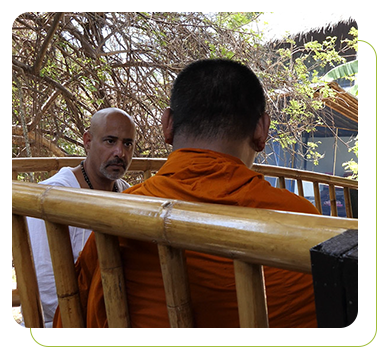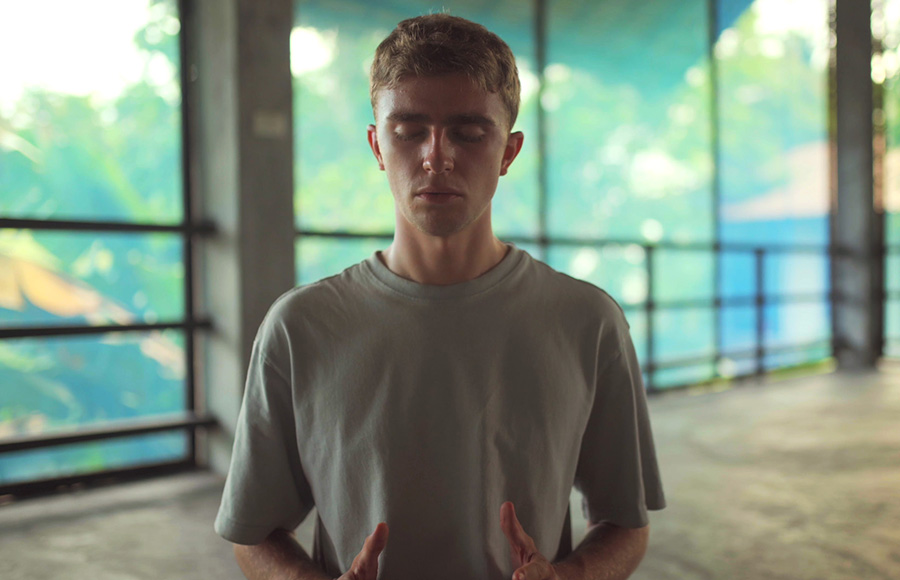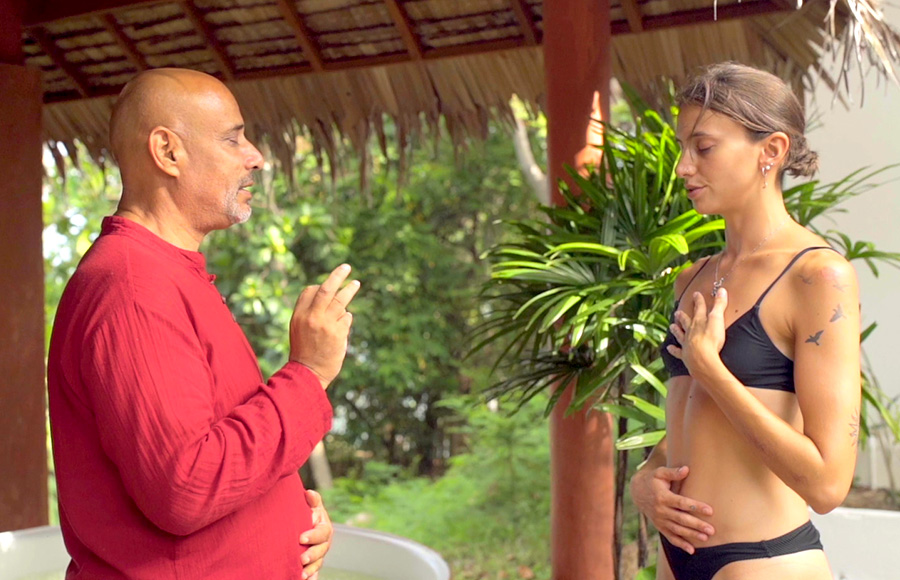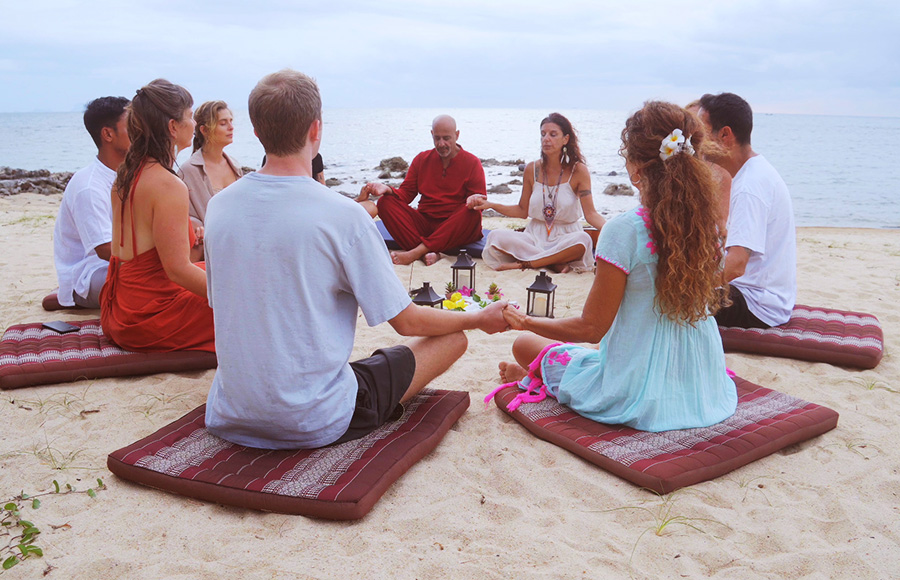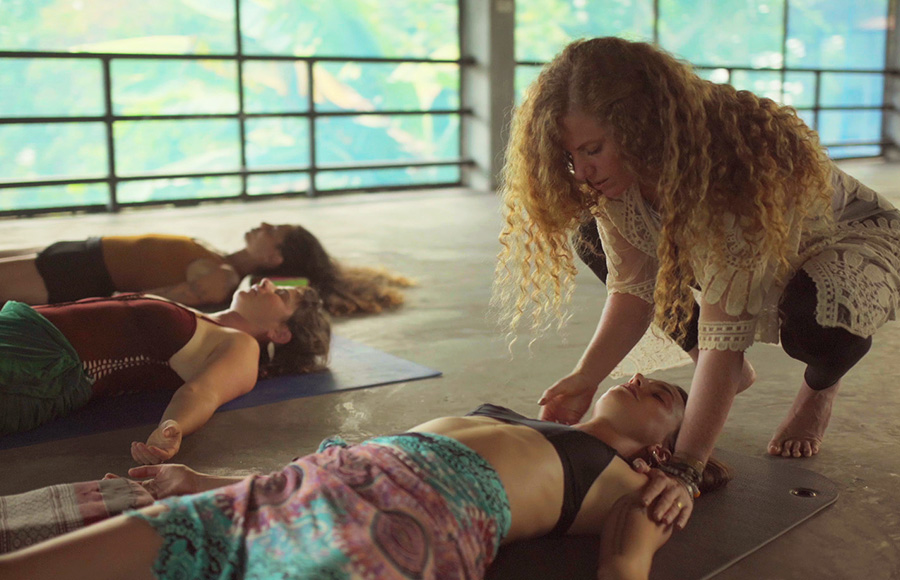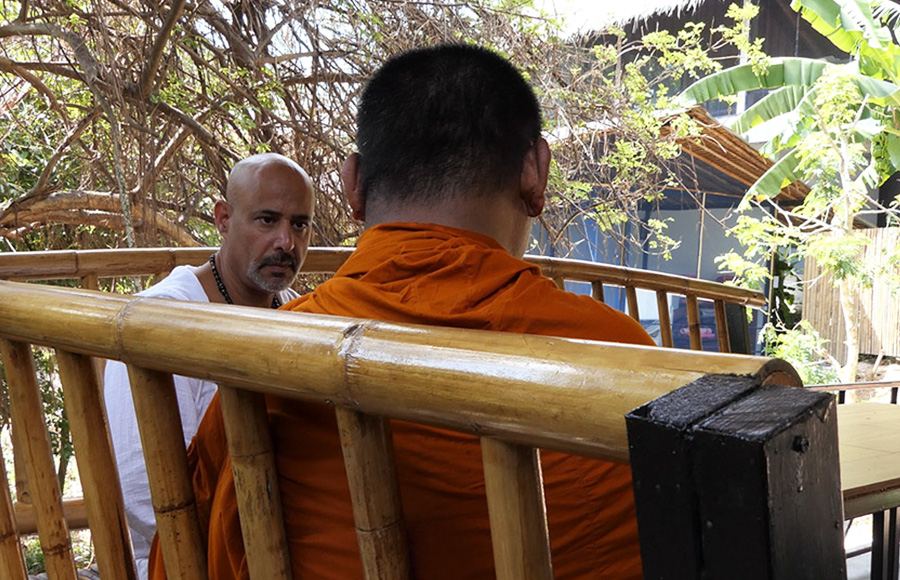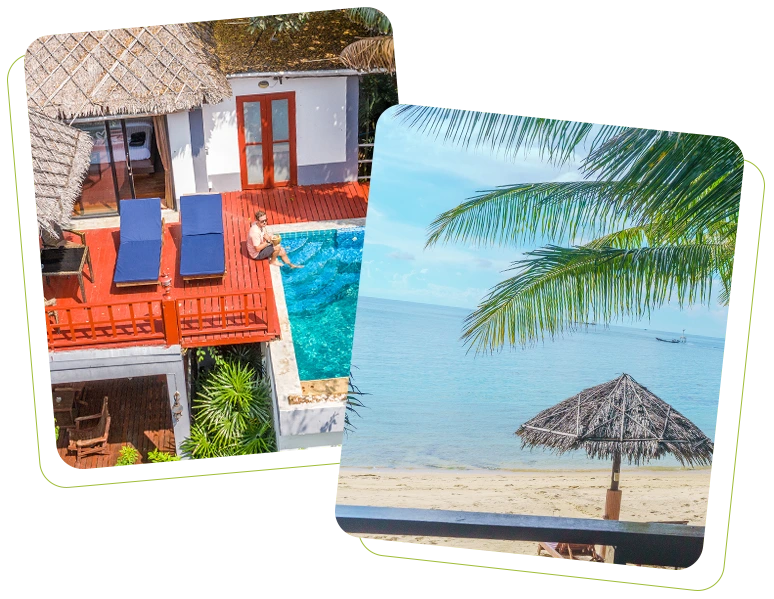How Trauma and Adverse Childhood Experiences Affect Neurodivergent Adults
05 min read

Why ACEs Matter in Addiction Recovery
Adverse Childhood Experiences (ACEs) — such as neglect, abuse, bullying, or family dysfunction — are well-known risk factors for addiction. For neurodivergent individuals, including those with autism, ADHD, or sensory processing differences, the impact of ACEs is often magnified.
At Holina Rehab Thailand, we recognize that trauma is not just part of the story for many neurodivergent adults — it is central to understanding addiction and recovery. That’s why we take a trauma-informed and neurodivergence-affirming approach to every client’s healing journey.
The Connection Between Neurodivergence, ACEs, and Addiction
Increased Vulnerability to Trauma
Neurodivergent children are more likely to face bullying, social exclusion, or misunderstanding from teachers and peers.Masking and Emotional Burnout
Many autistic and ADHD children “mask” their differences to fit in, which can lead to exhaustion, shame, and long-term emotional distress.Higher Rates of Co-Occurring Conditions
Anxiety, depression, and PTSD are more common among neurodivergent adults with histories of childhood trauma.Substance Use as Coping
Drugs or alcohol may be used to manage unresolved trauma, regulate emotions, or cope with social rejection.
What the Research Shows
Autistic adults are four times more likely to experience PTSD than neurotypical adults.
Adults with ADHD report higher exposure to ACEs than their peers, including neglect and abuse.
Studies confirm a direct correlation between early trauma and later substance misuse in neurodivergent populations.

How Trauma Manifests in Neurodivergent Adults
Trauma may present differently in neurodivergent adults than in neurotypical ones. For example:
Autism: Heightened sensory sensitivities, shutdowns, or difficulties with emotional regulation.
ADHD: Impulsivity, risk-taking behaviors, or struggles with consistent self-care.
General Neurodivergence: Higher rates of dissociation, anxiety, or difficulties trusting others.
Recognizing these differences is key to offering effective treatment.

Holina’s Trauma-Informed Support for Neurodivergent Clients
1. Comprehensive Trauma Therapy
We provide psychotherapy, EMDR, and somatic therapies designed to help clients process traumatic experiences in safe and supportive ways.
2. Sensory-Friendly Environments
Quiet spaces, calming natural surroundings, and flexible schedules help reduce triggers that could retraumatize clients.
3. Holistic Healing Practices
Yoga, meditation, and mindfulness for grounding.
Water-based therapies unique to Holina for emotional release.
Art and sound therapies as non-verbal outlets for trauma expression.
4. Building Safety and Trust
Our staff are trained to recognize masking, burnout, and trauma responses in neurodivergent clients, ensuring they feel safe, respected, and understood.

The Benefits of Addressing ACEs in Rehab
Healing root causes of addiction rather than only symptoms.
Improved emotional regulation for long-term recovery.
Reduced relapse risk by resolving unresolved trauma.
Empowerment and resilience for clients to rebuild their lives.
FAQs About Trauma and Neurodivergent Adults
Q1: What are ACEs?
Adverse Childhood Experiences — such as abuse, neglect, or family dysfunction — that can shape long-term health and behavior.
Q2: Why are ACEs more common in neurodivergent people?
Because they often face bullying, exclusion, and misunderstanding from a young age.
Q3: How do ACEs affect addiction risk?
Unresolved trauma increases vulnerability to using substances as coping mechanisms.
Q4: How does Holina treat trauma in neurodivergent clients?
Through trauma-informed therapy, holistic healing, and sensory-friendly care.
Q5: Can adults heal from childhood trauma?
Yes. With the right environment and therapies, adults can process trauma and build resilience at any stage of life.
Conclusion: Healing the Past, Building the Future
For neurodivergent adults, trauma and ACEs often play a central role in addiction. At Holina Rehab Thailand, we create safe, inclusive, and trauma-informed programs that help clients process childhood experiences, break free from addiction, and rediscover themselves.
📞 Ready to Begin?
Contact Holina Rehab today to start your healing journey:
Phone: +66 (0) 626 418 369
Email: info@holinarehab.com
Website: www.holinarehab.com
About Me
Ian Young
Ian Young is the Global Manager at Holina Care Centres in Koh Phangan, Thailand. Ian oversees the rehabilitation programs that blend the 12 Step model, Psychology, Counselling, Coaching, Somatic and many other therapeutic engagements, alongside various evidence-based therapies with holistic healing practices. Holina Rehab treats addictions, trauma, anxiety, depression, and other emotional challenges, offering comprehensive care in a serene resort environment. Ian, a charismatic speaker and author of “It’s Not About Me” leveraging his own recovery journey from addiction to inspire and guide others toward a fulfilling, addiction-free life.
Recent Blogs
-
29 Jan, 2026
The Ultimate Guide to 12-Step Rehab in Thailand

















